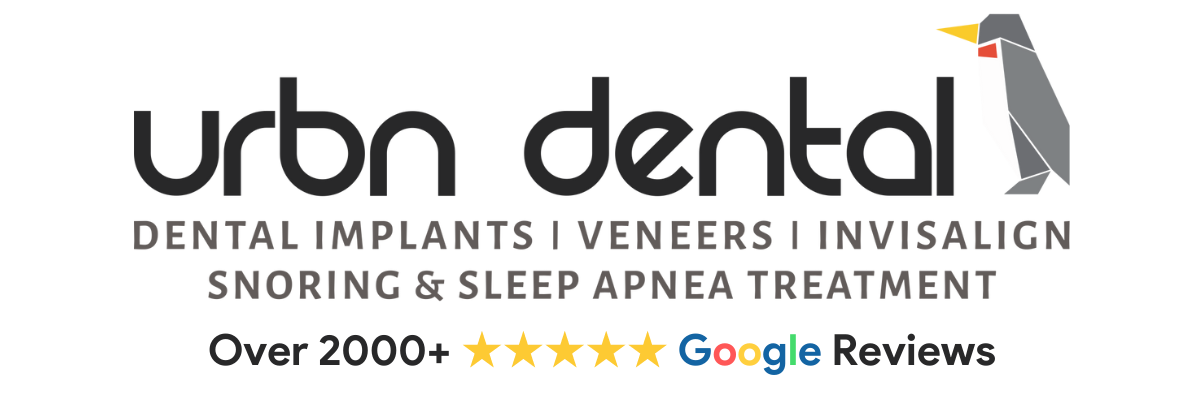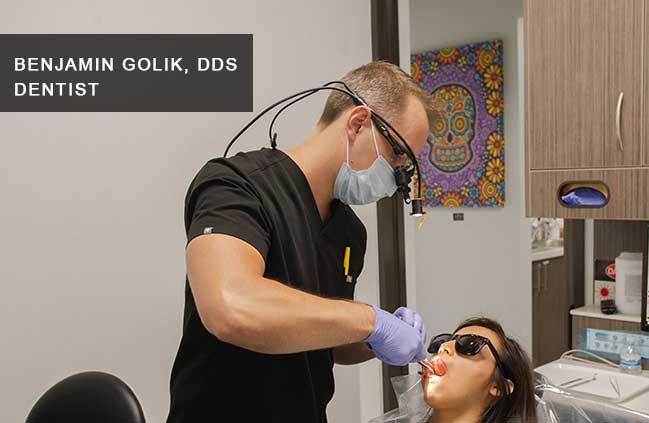In This Article
An emergency dentist in Houston is someone who provides 24-hour emergency dental care, i.e., urgent dental treatments that prevent a dental problem from worsening. Dental emergencies are situations requiring immediate attention, i.e., they need to be treated in a few minutes or hours to prevent further complications. You should only contact an emergency dentist in Houston at odd hours, such as weekends, nights, etc. if you truly have a dental emergency. A severe toothache may be troublesome, but it’s not necessarily an emergency. However, a knocked-out tooth qualifies as a dental emergency because the chance of reattaching the tooth significantly decreases after an hour. However, most people can’t distinguish between an actual dental emergency and non-emergencies. This article describes what is considered a dental emergency in Houston and when you should contact a 24-hour emergency dental.

Dental Emergencies:
- Swollen gums, cheeks, and face, with the swelling spreading down your neck or other parts of your face. When you contact the emergency dentist in Houston, you must mention that the swelling is spreading.
- Lack of sleep and concentration due to excruciating and unbearable toothaches.
- Persistent mouth ulcers that haven’t healed or subsided after a week or two.
- Excessive bleeding after a tooth extraction, especially if the bleeding doesn’t stop by biting down on a gauze.
- Persistently worsening toothaches or dental pains.
- Knocked-out tooth due to an accident, sports injury, fall, etc.
- Severely cracked or fractured teeth.
- Bleeding due to facial trauma.
- Bleeding and excessively red gums.
- Cyst formation on your gums.
- Pus in your gums or mouth.
- Rapid and uncontrollable bleeding from your mouth.
Non-Emergencies:
- Minor or mild toothaches that come and go.
- Mild pain in your wisdom teeth without swellings or bleeding.
- Teeth sensitivity.
- Pain or sensitivity when you bite down.
- Mouth ulcers for less than a week.
- Orthodontic troubles.
- Lost crowns, fillings, or other prosthetics.
- Broken braces.
- Small fractures on your teeth.
- Loose crowns and veneers.
- Discomfort from braces and dentures.
- Bad breath.
How do you handle different dental emergencies?
Knocked-Out Tooth
A knocked-out tooth is the clearest example of a dental emergency requiring 24 Hour Dental near me. You can get your tooth knocked out due to sudden dental traumas, such as a car accident, sporting injury, or a bad fall. If your tooth gets knocked out of its socket, it can possibly be reattached to your jaws, but only if you promptly contact an emergency dentist in Houston. The chance of reattachment decreases after an hour, so you must have someone drive you to the 24 hour emergency dental care.

According to The American Association of Endodontists, you can save your knocked-out tooth if you follow these steps:
- Carefully pick up the tooth by the crown, i.e., the visible parts of the tooth. Don’t touch the root.
- Rinse the tooth carefully but without scrubbing its surface.
- Reinsert the tooth into the socket, if possible.
- If you can’t reinsert the tooth, place it in a glass with some milk, warm salt water, or your saliva.
- Have someone drive you to the emergency dentist in Houston as fast as possible.
Fractured Tooth
A dental fracture is a situation wherein your tooth is cracked, chipped, or damaged, without being knocked out. Most people have a hard time determining if their dental crack is an emergency or not. Mild and surface cracks aren’t dental emergencies, and you can usually wait several days to see a dentist for fillings. However, a severe fracture or a crack that extends under the gum line is considered a dental emergency. Most people can’t distinguish between mild or severe fractures, so you should treat all dental fractures as dental emergencies.
If you have a serious tooth fracture that’s causing pain, you should follow these steps:
- Rinse your mouth with warm salt water to kill the bacteria and minimize the risk of infection.
- Apply a cold compress to your cheeks to control the swelling.
- Take acetaminophen to reduce the pain.
- Don’t use numbing cream or painkillers because they can damage the gums.
- Have someone drive you to the emergency dentist in Houston for diagnosis and treatment.
Dental Abscess
Dental abscesses are the most severe dental emergency possible. The clearest sign of an abscessed tooth is visible pus formation within a tooth or around the tooth’s root, signifying an infection. Dental abscess also leads to sensitivity to hot and cold temperatures, high fevers, lymph nodes, and swellings. If you notice these signs, you must contact an emergency dentist in Houston immediately — dental abscesses can be potentially life-threatening.

How do you tell if your tooth is infected?
- Severe and persistent toothaches.
- The pain radiates into the jawbone or neck.
- Sensitivity to hot and cold temperatures.
- Sensitivity to the bite pressure.
- High fevers.
- Swellings in your face.
- Lymph nodes in your neck or jaws.
How do I know if my tooth infection is spreading?
You know your tooth infection is spreading if the swelling on your face starts spreading to your jaws, neck, eyes, and other parts of the face.
Schedule an appointment for 24 Hour dental emergency near me
URBN Dental is one of Houston’s most reputable dental offices for emergency dental care services. Our emergency dentist in Houston is also available on Saturdays, and you can reach out to us anytime. For more information, please schedule an appointment for emergency dental care today.


